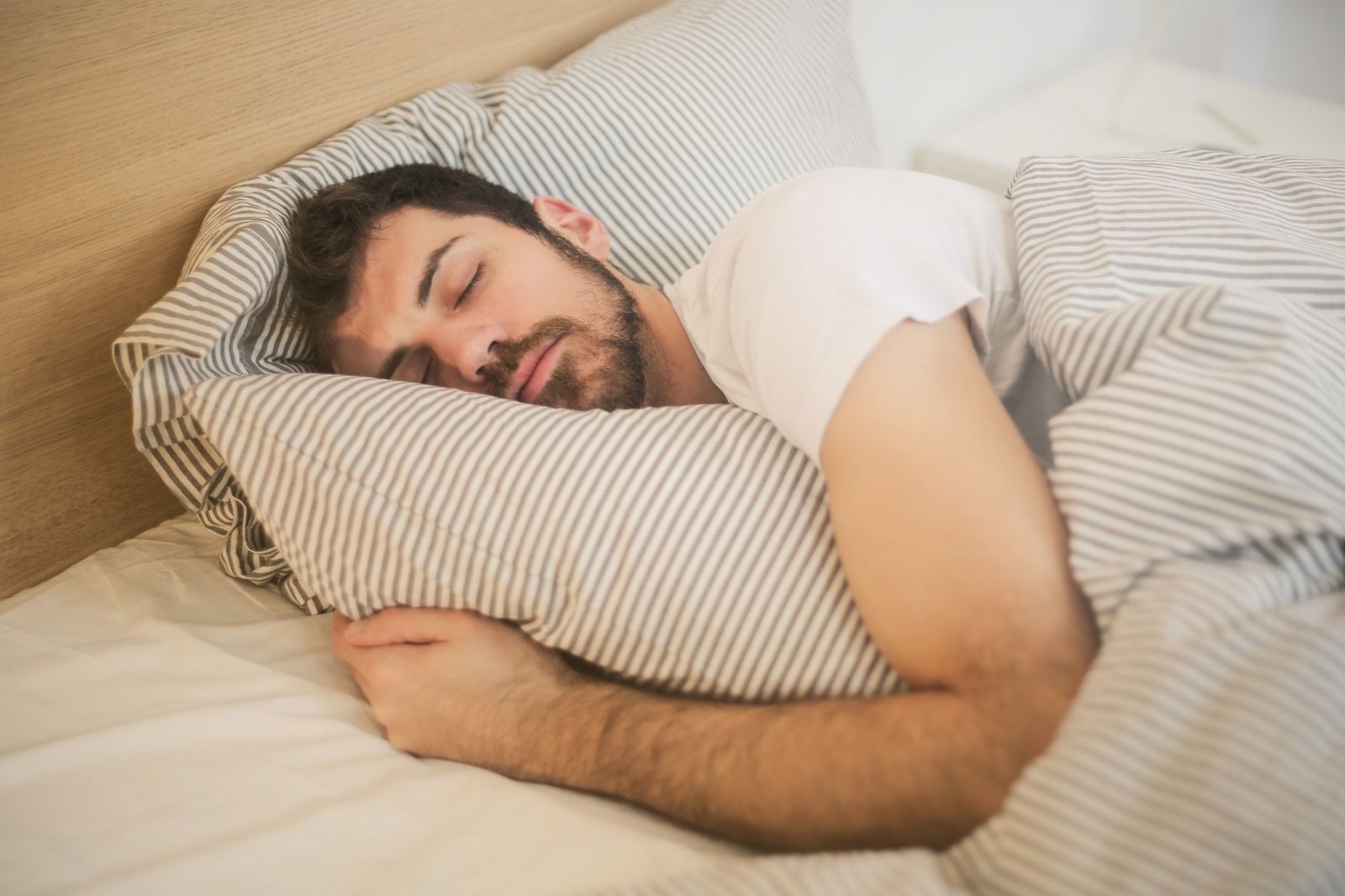Does Sleeping in Ruin Your Health?

Getting good sleep can be hard. Many people believe that if you don’t sleep well one night, you can “make up” that sleep the next. But is that true? Although it’s wonderful to sleep in on a weekend morning, does it ruin your health in the long run? The answer to this question is nuanced. It involves several factors including quality of sleep, individual lifestyle factors, and a person’s overall sleep patterns.
Sleeping in Defined
First, let’s clarify what “sleeping in” means. For some, it’s an extra hour or two on weekends; for others, it might mean waking up well past noon. According to the National Sleep Foundation, adults typically need between seven to nine hours of sleep per night. If sleeping in helps you meet that requirement after a day of sleep deprivation, it might not be as detrimental as it seems.
However, if you consistently have periods of deprivation and sleeping in to the point where it disrupts your daily routine, it could lead to serious consequences. Our bodies thrive on healthy routines, and erratic sleep patterns can affect everything from your mood to metabolism. Also, there’s no “making up” for sleep at night. An entire week or month of sleep deprivation is not able to be remedied by sleeping in on the weekends.
The Impact of Irregular Sleep Patterns
Research suggests that irregular sleep patterns can lead to several health issues. Individuals with inconsistent sleep schedules are at a higher risk for obesity, diabetes, and cardiovascular diseases. When you sleep in frequently, you’re disrupting your body’s internal clock or circadian rhythm.
Moreover, oversleeping can also be linked to mental health issues. Excessive sleep can be associated with conditions like depression and anxiety. If sleeping in becomes a coping mechanism for stress or emotional issues, it’s essential to address the underlying problems.
Quality vs. Quantity
It’s crucial to differentiate between sleep quantity and quality. A long sleep duration doesn’t always equate to restful sleep. Factors such as sleep environment, stress levels, and lifestyle choices play significant roles in how restorative your sleep is. If you’re sleeping in but experiencing fragmented sleep or waking up frequently, you might not be reaping the benefits of those extra hours. Also, most people with sleep disorders like sleep apnea don’t even realize they have it.
To ensure you’re getting quality sleep, consider creating a sleep-friendly environment. This includes keeping your bedroom dark, cool, and quiet. Arranging your furniture following feng shui bedroom principles and establishing a consistent bedtime routine can also help. Limit screen time before bed and avoid sleep hindering foods like caffeine and alcohol.
Finding Balance
Ultimately, the key is balance. Sleeping in once in a while isn’t likely to ruin your health, especially if it’s a response to a busy day. However, if you find yourself frequently sleeping in and struggling to wake up at a reasonable hour, it may be time to reevaluate your sleep habits and any pre-existing conditions.
Consider setting a consistent wake-up time, even on weekends, to maintain a regular sleep schedule. This can help regulate your circadian rhythm and improve your overall sleep quality. If you do feel the need to catch up on sleep, try to limit it to a couple hours. To help balance your circadian rhythm, get some sunlight within the first few hours of waking up and exercise regularly, just not right before bed.
Conclusion
Sleeping in isn’t inherently bad for your health, but it can be if it leads to irregular sleep patterns or interferes with daily responsibilities. Listening to your body is crucial—if you’re tired, allow yourself to rest, but strive for consistency in your life. By prioritizing both the quantity and quality of your sleep, you can foster better well-being. So, the next time you contemplate hitting the snooze button, consider your overall sleep habits and how they fit into your lifestyle.
Why Trust Us?
At The Sleeping Institute, we're dedicated to transparency, impartiality, and accuracy in every article we publish. Our reviews are based on comprehensive analysis and firsthand experience. Staying current with the latest advancements in sleep technology, we offer up-to-date, reliable, and unbiased information to help you make informed decisions for a better night's rest. Let us be your trusted guide in the ever-evolving world of sleep technology!